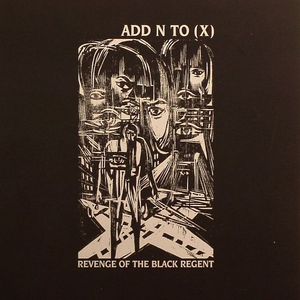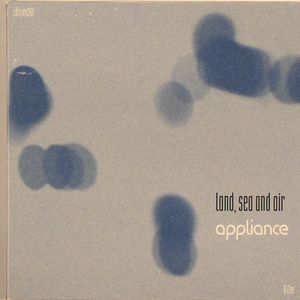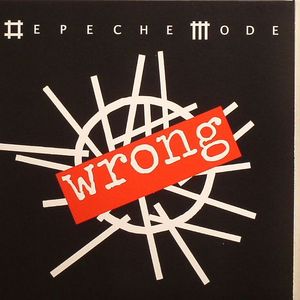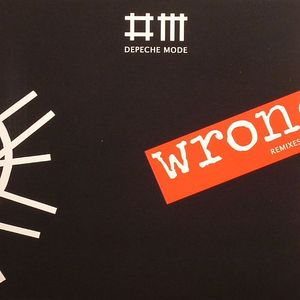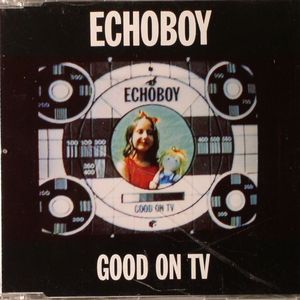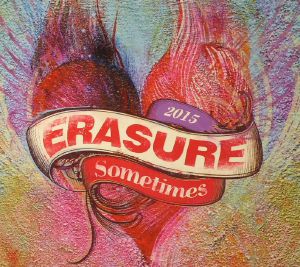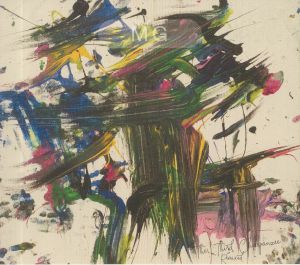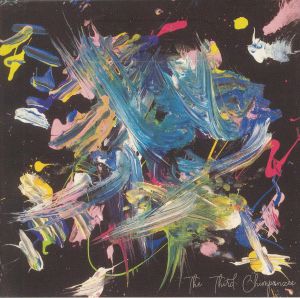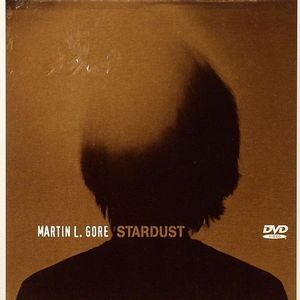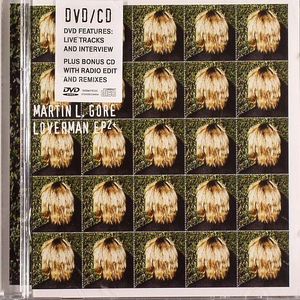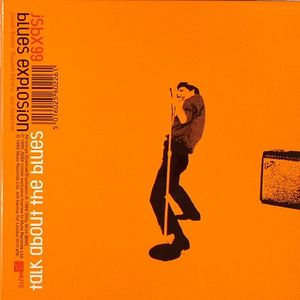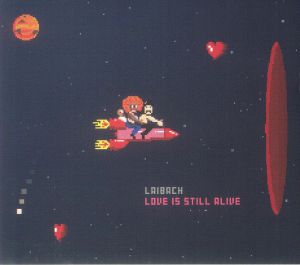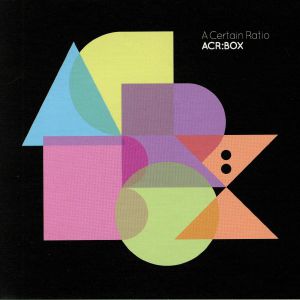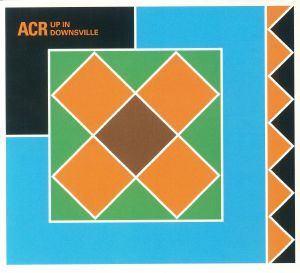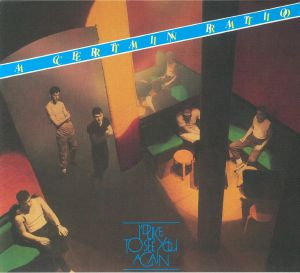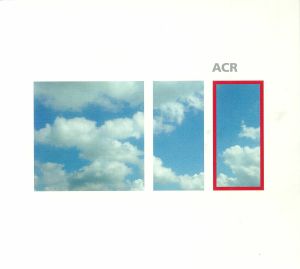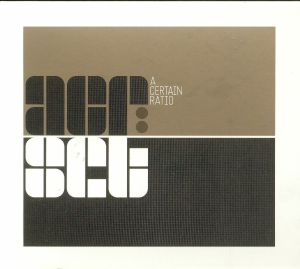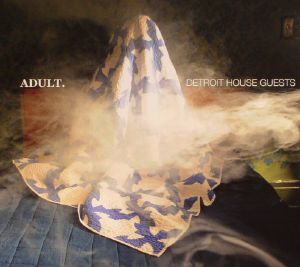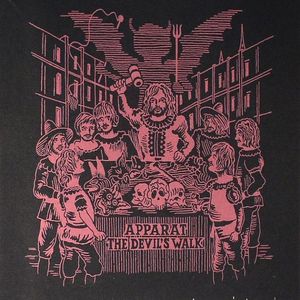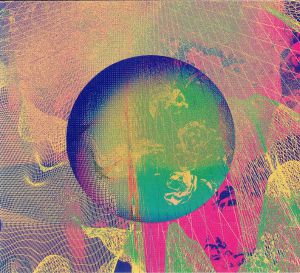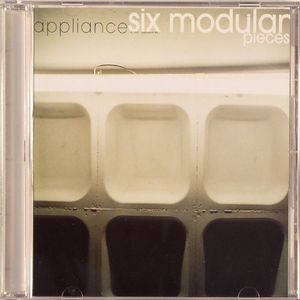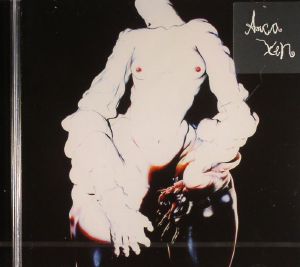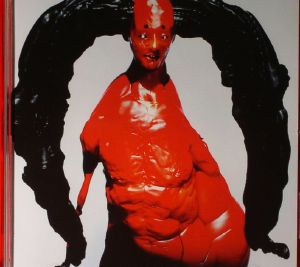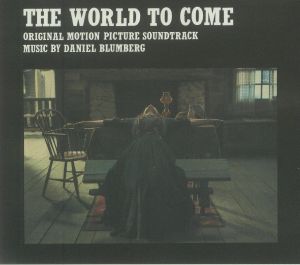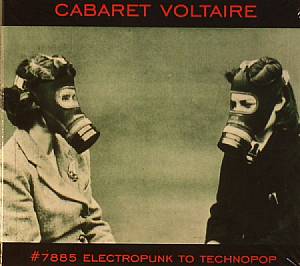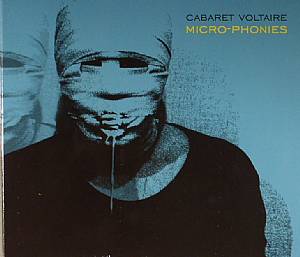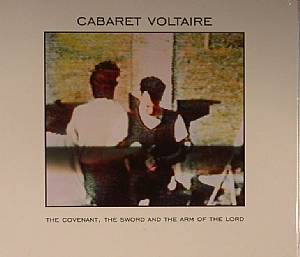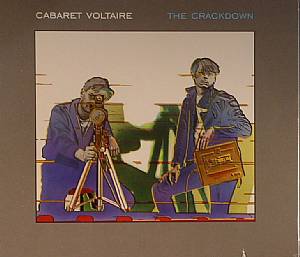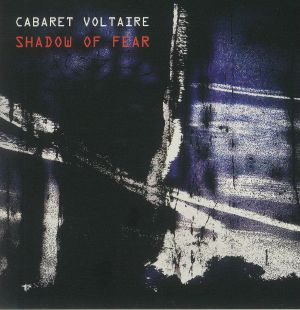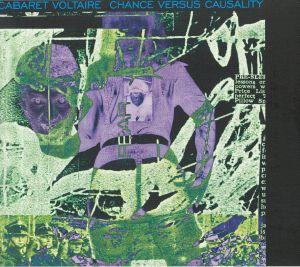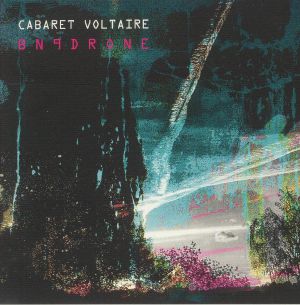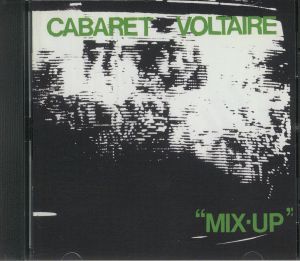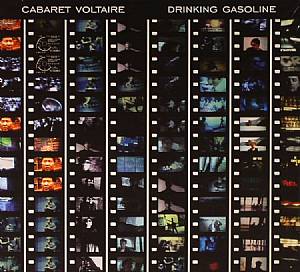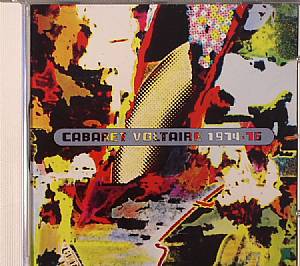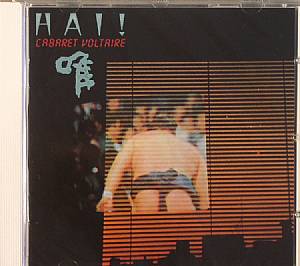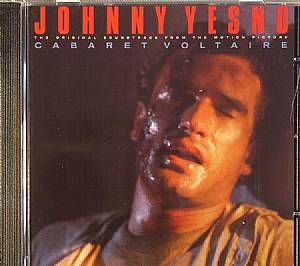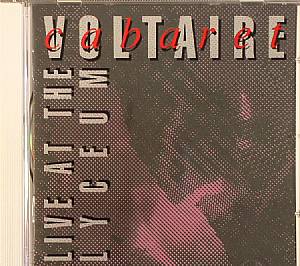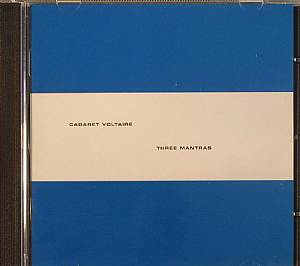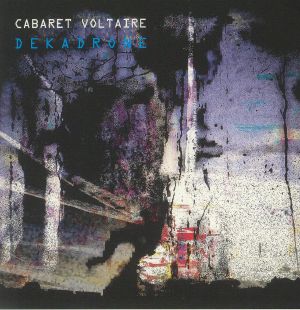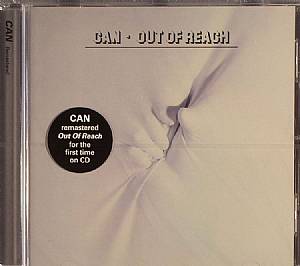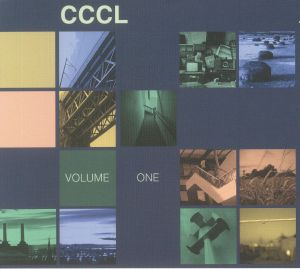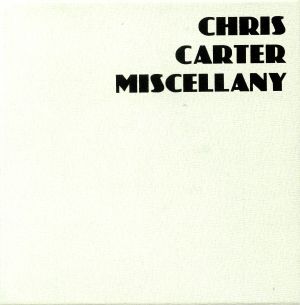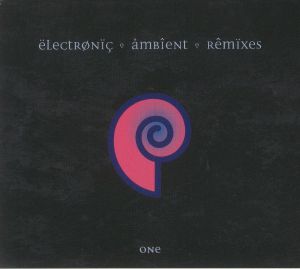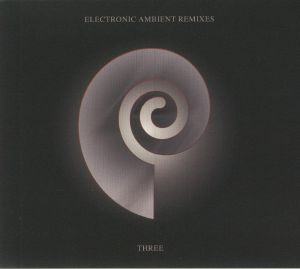Back catalogue: Leftfield
Juno's full catalogue of Leftfield
シングル
out of stock $4.48
out of stock $5.60
out of stock $2.23
out of stock $3.35
out of stock $5.60
out of stock $6.16
Review: Depeche Mode man Martin Gore's The Third Chimpanzee, his first solo release for years, rightly won plenty of plaudits on its release earlier this year, with fans and critics warming to its modular synthesizer-driven blend of industrial-influenced rhythms, IDM electronics and growling, post-ambient noise. There was certainly plenty of great sounds for remixers to play with, so it's little surprise to find that this remix set is genuinely superb. Brazil's ANNA sets the tone with a gentle, IDM-meets-tech-house take on 'Howler', Chris Liebing turns 'Vervet' into a moody techno classic and Barker provides a wonderfully slow-burning, ever-building rework of 'Mandrill' that's worth the admission price on its own. Throw in equally impressive revisions from the likes of Jlin and Kangding Ray, and you have a superb set of reworks.
… Read moreout of stock $11.21
Review: Solo releases from Depeche Mode mainstay Martin Gore are a genuine rarity. To date, he's released just one solo set under his given name - 2003's Counterfeit2 - and another as MG, some six years ago. The Third Chimpanzee, his first lone release of any sort since, is effectively a scaled-down sequel: a five-track EP/mini-album of electronic instrumentals created using a battery of modular synthesizers. It's as quietly impressive as you'd expect from gore, with clanking, industrial-influenced rhythms, IDM-informed synth sounds and growling, post-ambient noise being joined by early Depeche Mode style stabs and dark, growling motifs. Gore's sonic standards remain predictably high throughout, though we'd suggest starting with the Bladerunner-esque future dystopia of 'Howler' and the metallic, mind-altering intensity of 'Mandrill'.
… Read moreout of stock $9.53
Stardust
I Cast A Lonesome Shadow (Stewart Walker remix)
Life Is Strange
out of stock $4.48
Left Hand Luke & The Beggar Boys (video)
Stardust (original mix)
Stardust (Atomic remix)
out of stock $5.60
Loverman (radio edit)
Loverman (Bola remix)
Das Lied Vom Einsamen Madchen (Turner remix)
Das Lied Vom Einsamen Madchen (Lawrence remix)
out of stock $5.60
out of stock $7.84
out of stock $5.60
Review: Ever-changing Slovenian collective Laibach seems to have mellowed with age, with the band's inherent desire to court controversy (see their 2015 performances in North Korea for a relatively recently example) currently curtailed. Love Is Still Alive, which marks their first new music since the release of last year's well-received album Wir Sind das Volk, is actually an "extension" of the music they wrote to soundtrack the 2019 film 'Iron Sky -The Coming Race'. It is, they say, a "trip through space music genres of recent decades" (albeit with bonus nods to country, pop and so on) that loosely tells the story of a spaceship full of post-apocalyptic survivors making their way across the solar system. It's a lot of fun, all told, with the band expertly showcasing the breadth of their musical knowledge as well as skip-fulls of imagination.
… Read moreout of stock $7.58
アルバム
out of stock $29.71
out of stock $6.16
out of stock $5.89
out of stock $12.06
out of stock $5.89
out of stock $12.06
Review: Post-punk funkateers A Certain Ratio have always enjoyed an open relationship with dance music culture, so it seems fitting that they'd be responsible for one of the most interesting and entertaining remix albums of 2021. Loco Remezclada sees a varied ensemble rework cuts from their recent history, with predictably impressive - and eclectic - results. Of course, there's plenty of breathless post-punk dancefloor fusion on display - see Mr Dan's superb rewire of 'Down & Dirty' and 808 State man Graham Massey's low-slung take on 'Supafreak' - but also a swathe of more revelatory reworks. These include LoneLady mixing P-funk and boogie on her mix of 'Bouncy Bouncy', Skream turning 'Always In Love' into a powerpop stomper and Number re-imagining 'Taxi Guy' as a kind of 21st century take on Tony Allen/Fela Kuti style Afrobeat.
… Read moreout of stock $10.94
out of stock $9.26
Track 1
out of stock $0.00
Review: If it's been a while since Adult's last album, there's a very good explanation. Back in 2014, they successfully applied for an arts grant to turn their studio into a kind of drop-in centre for some of their musical heroes. Since then, a vast roll-call of electronic music talents old and new have spent three weeks living, collaborating and recording with Adult in Detroit. The results are showcased on Detroit House Guests. Combining their usual EBM, industrial, electro and experimental influences with those of their selected guests - Nitzer Ebb's Douglas J. McCarthy, noted experimentalist Robert Aiki Aubrey Lowe and Swans man Michael Gira included - it's an album that feels like a wholehearted celebration of the power of artistic collaboration.
… Read moreout of stock $8.96
Review: German producer Apparat joins the venerable Mute stable with The Devil's Walk, his fourth studio album. The ten tracks on offer represent an intriguing stylistic shift for the producer, these days known as much for his role in sub-bass bothering trio Moderat as his solo endeavours. He has broadened his sound from a solo electronic endeavour to incorporate densely layered live instrumentation, although his knack for subtly euphoric jangling melodies remains. Each sonic exploration on The Devil's Walk ranges is breathtakingly delicate, from the spine-tingling rain drops and plaintive vocals on previously released single "Black Water" to the heavy, almost funereal mood on "Goodbye". Elsewhere there are excursions into post-dubstep territory ("Candil De La Calle"), richly melodic soundscapes ("Escapes") and strangely uplifting moments ("A Bang In The Void"). All in all, a masterful opus.
… Read morePlayed by: Juno Recommends Rock/Indie
out of stock $8.41
Review: The unveiling of an Apparat album is always cause for commotion with the artist influence enough to push radio stations to stream his music 24/7 upon release. Long passages of streaming synth-textures underline the loose and sparse percussive effects of Apparat's jazz and minimalism. The artist's signature bass pulses hit the sweet spot throughout the albums entirety, always inspiring a well of heavy feeling when they do. Touches of the artist's Bpitch Control days remain as does Apparat's always inspired approach when merging instrumentation with outboard gear and technology, beat making and sound design. A sound to cherish once more.
… Read moreout of stock $8.87
out of stock $7.84
Review: The music Venezuelan artist Alejandro Ghersi makes as Arca first came to the fore via UNO, the New York label who issued a trio of compelling releases in 2012. Arca's brand of glossy, high grade beat experimentation has seen him go on to work with Kanye West and FKA Twigs as well as release on venerated US indie Hippos In Tanks. An album deal with Mute may seem unexpected yet the UK label have a long and proud tradition of challenging conventions. Entitled Xen, Mute have described the 15 track set as full of "mercurial forms, fluxing unpredictably from smooth to spiked to sweet" and you wont get much of an idea from the soundclips. If you were charmed by the FKA Twigs set this is an album that will get your serotonin bubbling.
… Read moreout of stock $8.41
out of stock $11.77
out of stock $11.49
out of stock $15.69
out of stock $12.62
out of stock $15.69
Review: The arrival of a new Cabaret Voltaire album - the first since 1994 according to our records - should excite all those who hold the work of the pioneering Sheffield outfit dear. It's now a solo project from Richard H Kirk (he decided to keep the name after parting company with Stephen Mallinder in the late '90s), but the distinctive stylistic ticks remain (think paranoid sonic textures, metallic percussion hits, clear dub influences, plentiful spoken word samples, curious electronic noises and nods towards the industrial funk, EBM and post-punk). Naturally it's not as ground-breaking as Kirk and company's work in the '70s and '80s, but it is undeniably a Cabaret Voltaire album - and one that subtly updates the Cabs' particular brand of dense, dancefloor-ready paranoia for a new century.
… Read moreout of stock $12.06
Review: In 1979, Cabaret Voltaire - then consisting of all three founder members, Richard H. Kirk, Stephen Mallinder and Chris Watson - recorded a soundtrack for an experimental film "for two projectors" by Babeth Mondini. 40 years on, that soundtrack has finally been given a release. It's similar in tone to some of the Sheffield experimentalists' other soundtrack work from the period, offering discordant, unsettling and otherworldly sound collages that fuse heavily modified and processed instrumental parts (guitar, bass, drums, clarinet, saxophone) with tape loops, sampled dialogue and the band's ever-present electronic tones. Whether you're an obsessive Cabs fan or not, it's well worth a listen. This is, after all, a slice of previously hidden musical history.
… Read moreout of stock $12.06
Review: There have always been two distinct threads to Richard H Kirk's work as Cabaret Voltaire, with or without his former collaborators Chris Watson and Stephen Mallinder. There's the clanking, moody industrial funk that marked out the band's work in the 1980s - brilliantly resurrected on last year's Kirk-only set Shadow of Fear - and even more clandestine, beat-free releases that explore the more paranoid end of the ambient and experimental electronica spectrum. BN9Drone, Kirk's second Cabs LP of 2021, swims in these murky waters, with the veteran Sheffield producer layering up dark, foreboding chords, gravelly electronic textures, droning noise and Robin Rimbaud style snippets of overheard telephone conversations and police radio chatter. It's unsettling at times but also utterly captivating, as if you're listening to a distant disaster unfold in real time.
… Read moreout of stock $9.81
out of stock $7.84
out of stock $9.26
out of stock $7.84
out of stock $7.84
out of stock $7.84
out of stock $7.84
Played by: Nastia Reigel
out of stock $7.84
Review: Richard H Kirk was rightly praised for 2020's Shadow of Fear, his first album since turning Cabaret Voltaire into a solo project back in 2014, and his recently follow-up EP, Shadow of Funk. Both distilled the essence of the Cabs' club-friendly industrial funk sound, re-formatting it for the 21st century. Dekadrone, though, is a different proposition altogether. Focused not on clubs but on immersive home listening, the four-phase, single track set removes Kirk's clanking, often paranoid beats in favour of dystopian aural textures (think dark, droning tones, abstract electronics, apocalyptic ambience and dirt-encrusted samples). Those who prefer the Cabs' more experimental, ambient-leaning works will love it.
… Read morePlayed by: Juno Recommends Leftfield
out of stock $12.06
out of stock $11.49
Cat: CDSTUMM 415. Rel: 30 Mar 18
Review: Former Throbbing Gristle mainstay Chris Carter has more than enough projects to keep him busy, which may go some way to explain why it took him the best part of eight years to record CCCL, his first solo album for almost two decades. Created using home-made electronic instruments, hacked effects units and "retro circuit modification", the album's 25 tracks were apparently inspired by a mixture of the Radiophonic Workshop's legendary 1960s electronic experiments and Carter's desire to utilize the kind of "nursery rhyme" melodies found in traditional English music. It's a curious combination, but one that guarantees a near perfect balance between far-sighted electronic experimentation and cheery tunefulness.
… Read moreout of stock $7.58
Review: With Christmas fast approaching, Throbbing Gristle founder member Chris Carter has decided to offer up the perfect stocking filler for industrial and experimental electronica enthusiasts: a four-disc retrospective focusing on the early part of his solo career. While it omits his 1980 debut "The Space Between", it does include expanded, re-mastered versions of 1985's surprisingly ambient "Mondo B", 1998's trippy, hypnotic and rhythmical "Disobedient Redux" and 1999's brilliant "Small Moon Redux". Even more excitingly, the box's first disc - the most experimental, out-there and inspired of all - is made up entirely of previously unreleased tracks recorded between 1973 and 77. In truth, this disc is worth the entrance price on its own.
… Read moreout of stock $20.17
out of stock $12.06
out of stock $11.21

 USD
USD






